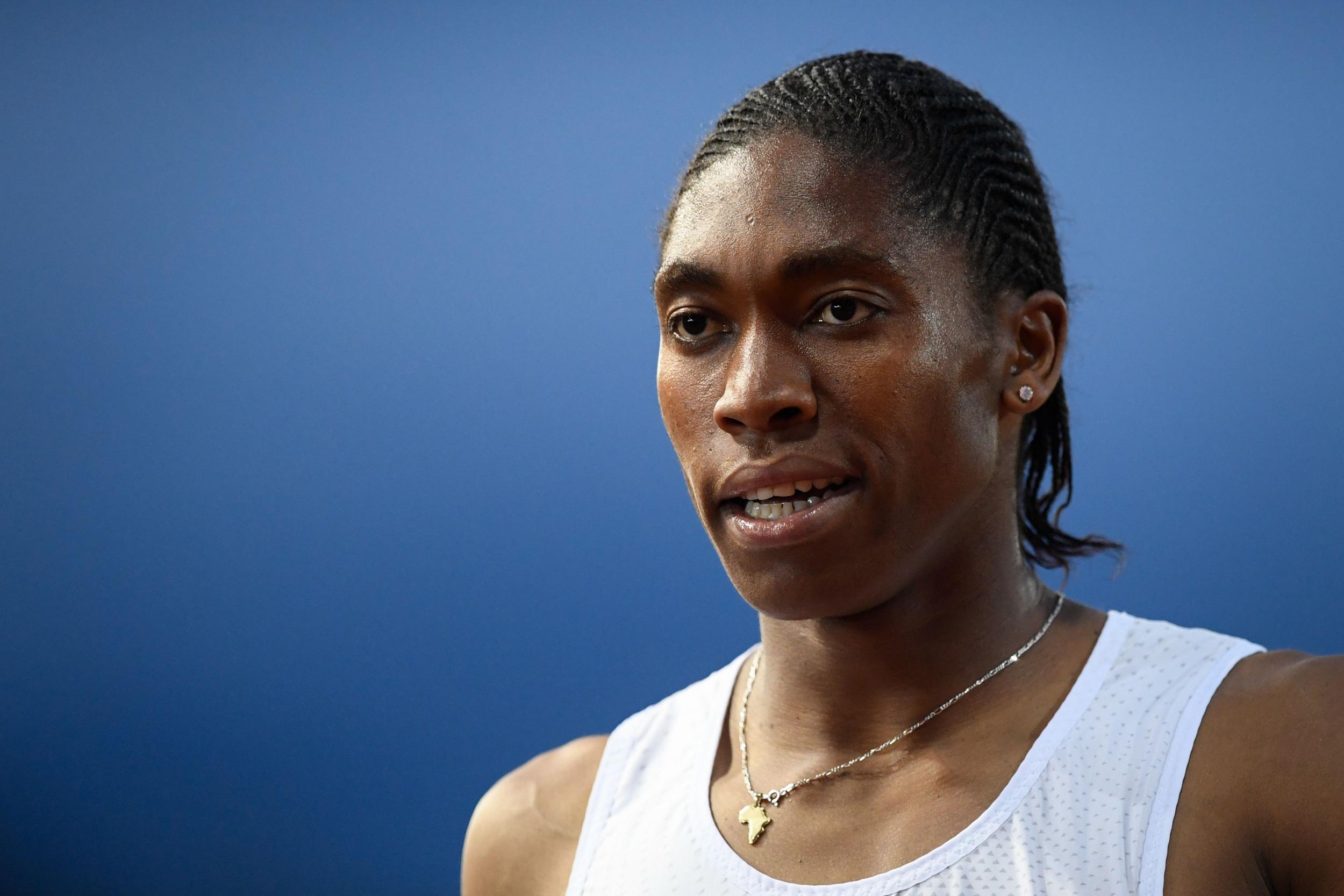Caster Semenya: South African Olympic champion loses appeal against IAAF’s testosterone regulations
The two-time Olympic 800m champion and Athletics South Africa had claimed the rules, which would force athletes with naturally occurring high levels of testosterone to take medication to lower them, were unlawful

Caster Semenya has lost her appeal against the IAAF’s testosterone regulations after the Court of Arbitration for Sport ruled in the governing body’s favour.
The two-time Olympic 800 metres champion and Athletics South Africa had claimed the rules, which would force athletes with naturally occurring high levels of testosterone to take medication to lower them, were unlawful.
The 28-year-old has one of the various genetic conditions collectively known as differences or disorders of sex development (DSD).
But CAS said in a statement on Wednesday: “By majority, the CAS panel has dismissed the requests for arbitration considering that the claimants were unable to establish that the DSD regulations were ‘invalid’.
“The panel found that the DSD regulations are discriminatory, but the majority of the panel found that, on the basis of the evidence submitted by the parties, such discrimination is a necessary, reasonable and proportionate means of achieving the IAAF’s aim of preserving the integrity of female athletics in the restricted events.”
Semenya responded to the announcement by tweeting: “Sometimes it’s better to react with no reaction.”
Semenya has been the subject of intense scrutiny ever since she burst onto the scene at the 2009 World Championships in Berlin, where she won the first of her three world titles.
Aged just 18, she achieved that feat despite the emotional strain caused by international media speculation about a gender verification test following complaints from rivals about her muscular build.
The IAAF’s proposed regulations concern athletes competing in events from the 400m to the mile.
However, despite the award in favour of the IAAF, CAS said its panel “expressed some serious concerns as to the future practical application” of the DSD regulations.
Subscribe to Independent Premium to bookmark this article
Want to bookmark your favourite articles and stories to read or reference later? Start your Independent Premium subscription today.

Join our commenting forum
Join thought-provoking conversations, follow other Independent readers and see their replies